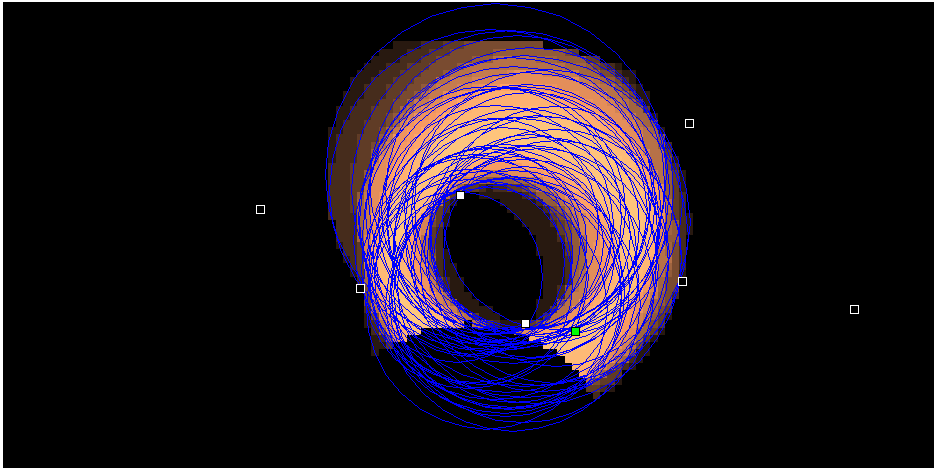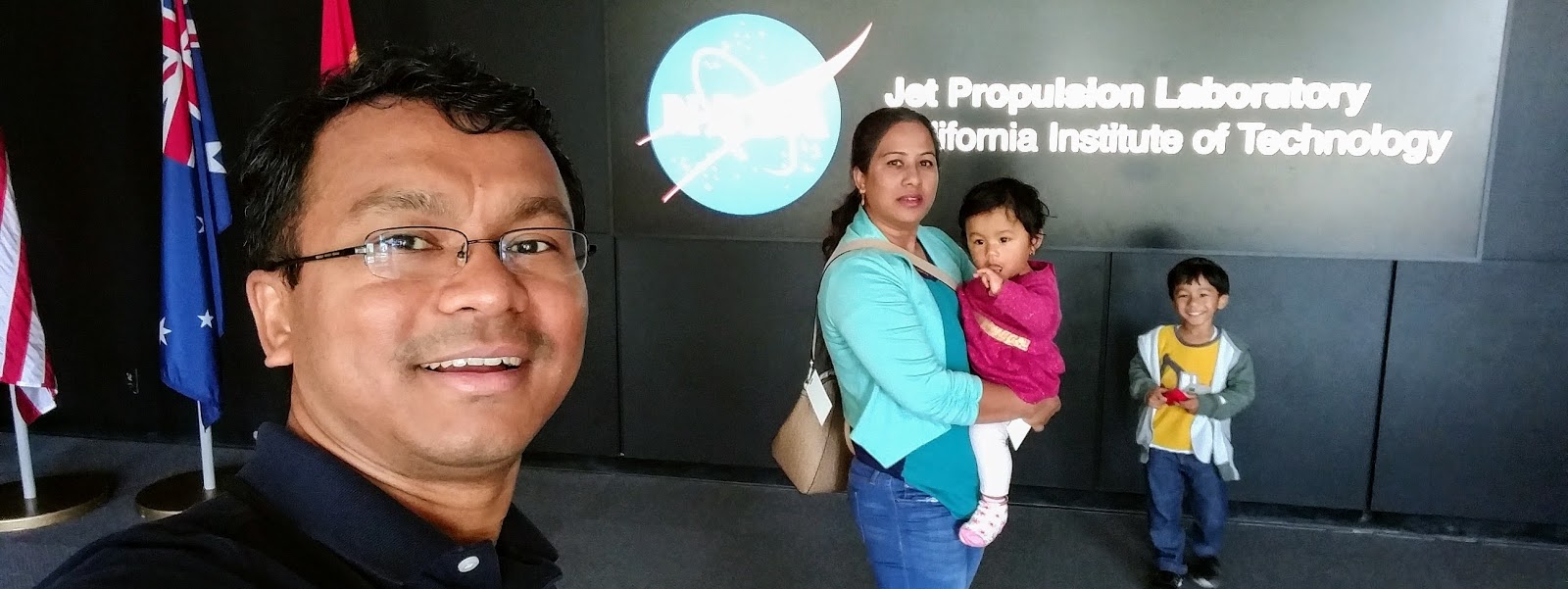Sunday, February 3, 2008
Wikipedia: A reliable source of information?
Do you think that wikipedia is the reliable source of information?
Yes (74%)
No(23%)
Don't care(2%)
Total vote: 47.
This is the result of the poll conducted in my blog: Time! (http://ajabgajab.blogspot.com)
The key question over here is what kind of information do we need? And what is the meaning of the reliability ?
Wikipedia is, of course, not the source of reliable news. Even some of the history chapters may have been biased.
I was reading some news on wikipedia that there had been two cases where the death of the peoples had been posted before they were actually killed. Similarly, when I was seeking the news on indian Idol, people would work hard to keep changing the names of the participant who have been voted out, I think they amused themselves by doing that.
When Reliability is the key question, I would wait and see.
However, when we do search, there are wikipedia results. For me I do peek into the results implied by the wikipedia link.
Answers.com has been nice place for me when I try to see definitive answers. And, most of the time I have been looking for some definitive results. There are of course Wikipedia results.
Yes (74%)
No(23%)
Don't care(2%)
Total vote: 47.
This is the result of the poll conducted in my blog: Time! (http://ajabgajab.blogspot.com)
The key question over here is what kind of information do we need? And what is the meaning of the reliability ?
Wikipedia is, of course, not the source of reliable news. Even some of the history chapters may have been biased.
I was reading some news on wikipedia that there had been two cases where the death of the peoples had been posted before they were actually killed. Similarly, when I was seeking the news on indian Idol, people would work hard to keep changing the names of the participant who have been voted out, I think they amused themselves by doing that.
When Reliability is the key question, I would wait and see.
However, when we do search, there are wikipedia results. For me I do peek into the results implied by the wikipedia link.
Answers.com has been nice place for me when I try to see definitive answers. And, most of the time I have been looking for some definitive results. There are of course Wikipedia results.
Thursday, December 20, 2007
Madness or Hobby or Exploration or a mere Duty?
Imagine humans staying in the same place for centuries. It is not even possible to imagine.
Imagine a mouse in a box. It will not move for reasonable time, till it gets the perception of being safe.
The safety is the main issue.
Once it feels to start that it is safe, it starts to move.
But, Move for what?
This is the primary question in my mind for today.
Take an example: For food.
For better food!
Once it starts to learn the term "better" in its mind, it becomes active. More active. It starts to think. (I am trying to draw parallel to human, so please bear with me.)
We are driven by some motivation. Some kind of curiosity. This is the father of the exploration.
How do we define the degree of curiosity for individuals? because the amount(quantity?) of motivation is different for each of us.
We all live in our own universe. Your Universe overlaps with my one, at some points, so we have some kinda interaction.
No one knows what s/he will get the next moment. But not everyone explores. It is interesting human behavior.
But once s/he enjoys the joy of exploration, it becomes hobby. And for someone who have not been infected with such curiosity, it is termed madness.
I was walking on the Road, covered with the snow. Since there had been a strong storm, no one had walked on the road. I was putting the first steps over the snowy path.
I enjoyed it.
Think of Armstrong! He did something which no other Homo sapiens had done. To put the feet on the Moon.
Is it a madness or hobby or exploration or a mere duty?
Can you imagine the joy of that?
Imagine a mouse in a box. It will not move for reasonable time, till it gets the perception of being safe.
The safety is the main issue.
Once it feels to start that it is safe, it starts to move.
But, Move for what?
This is the primary question in my mind for today.
Take an example: For food.
For better food!
Once it starts to learn the term "better" in its mind, it becomes active. More active. It starts to think. (I am trying to draw parallel to human, so please bear with me.)
We are driven by some motivation. Some kind of curiosity. This is the father of the exploration.
How do we define the degree of curiosity for individuals? because the amount(quantity?) of motivation is different for each of us.
We all live in our own universe. Your Universe overlaps with my one, at some points, so we have some kinda interaction.
No one knows what s/he will get the next moment. But not everyone explores. It is interesting human behavior.
But once s/he enjoys the joy of exploration, it becomes hobby. And for someone who have not been infected with such curiosity, it is termed madness.
I was walking on the Road, covered with the snow. Since there had been a strong storm, no one had walked on the road. I was putting the first steps over the snowy path.
I enjoyed it.
Think of Armstrong! He did something which no other Homo sapiens had done. To put the feet on the Moon.
Is it a madness or hobby or exploration or a mere duty?
Can you imagine the joy of that?


